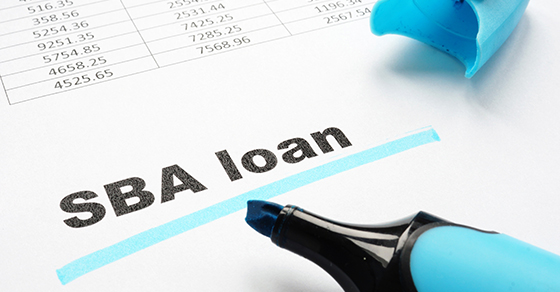

On November 18, the IRS issued Rev. Rul. 2020-27 and the Department of the Treasury issued Rev. Proc. 2020-51. These notices address whether expenses that are paid with PPP loans are deductible.
PPP loans were established as part of the CARES act, and they were designed to allow small business to keep employees on the payroll during the coronavirus pandemic. An eligible recipient of a PPP loan can qualify for forgiveness if they show that they have spent the full amount of the loan on eligible expenses. These are
• Payroll costs
• Interest on a covered mortgage obligation
• Any covered rent obligation payment
• Any covered utility payment
Businesses are not taxed on the proceeds of a forgiven PPP loan. However, the IRS has affirmed its position that expenses paid or incurred that would normally be deductible are not deductible if those expenses result in the forgiveness of a PPP loan. In other words, if all of the money from a PPP loan was spent on eligible expenses, then the borrower can no longer deduct those expenses. The IRS position is that since there is a reasonable and foreseeable expectation of reimbursement and the amount of that expected reimbursement is known, the expenses may not be deducted.
The IRS has, however, provided a safe harbor for some borrowers. This safe harbor applies to borrowers whose forgiveness has been partially or fully denied, and to borrowers who choose to never request loan forgiveness. They are able to claim deductions on elements that while normally deductible, are not for most PPP loan participants. Borrowers can claim these deductions on their original 2020 tax return, on an amended return, or on the return for the year in which they decide not to request loan forgiveness.
This move has been condemned by the chairman of the Senate Finance Committee, Chuck Grassley (R-Iowa), and its ranking member Ron Wyden (D-Oregon). In a joint statement they said “our intent was for small businesses receiving Paycheck Protection Program loans to receive the benefit of their deductions for ordinary and necessary business expenses.” They added “we encourage Treasury to reconsider its position.”
While there is Congressional support to allow for the deductibility of PPP expenses, only legislative action can overturn the IRS’ ruling.
We can help
Your DDK Tax advisor can assist you with advice about PPP loans, as well as any other tax issues that you encounter as a result of COVID-19.

